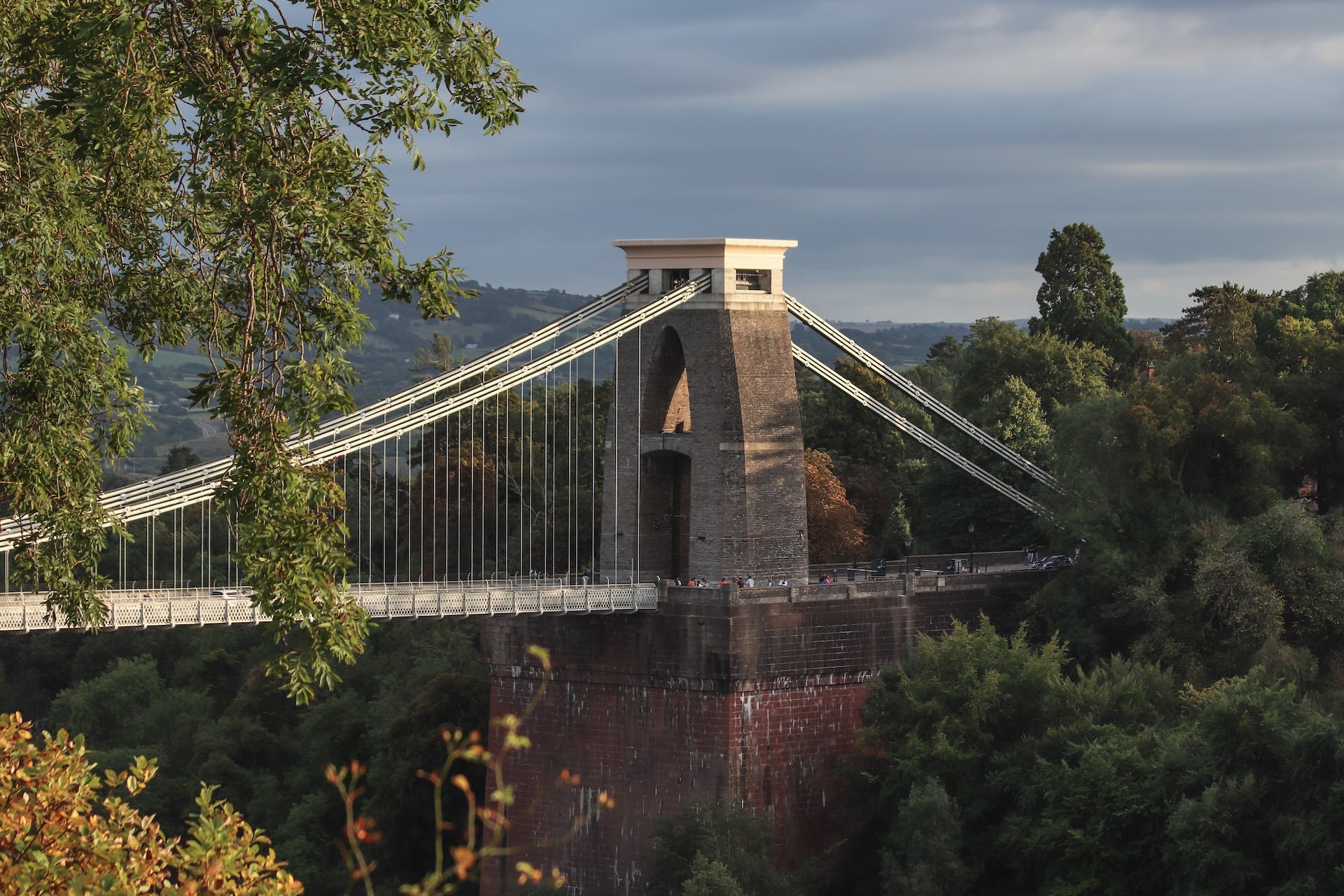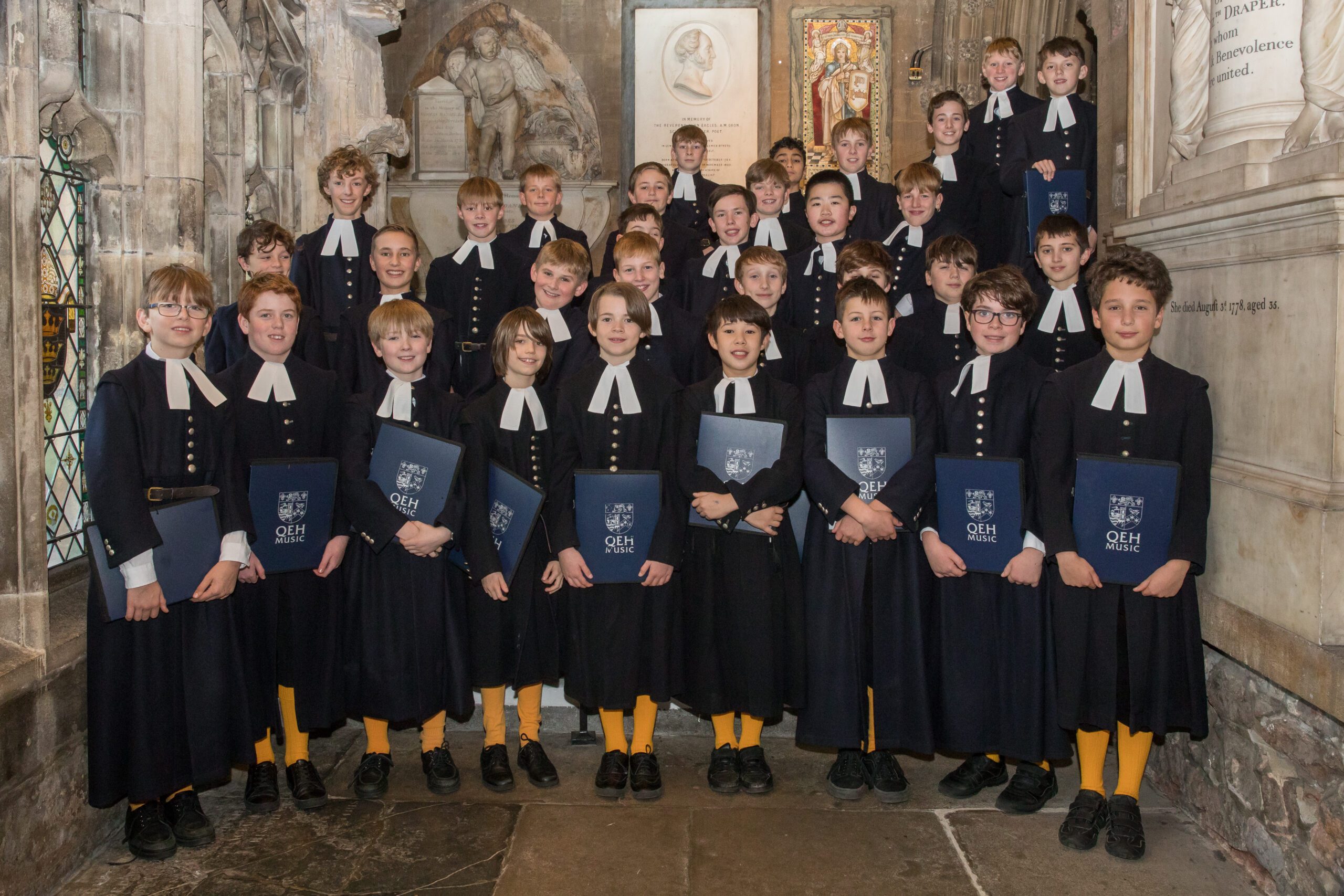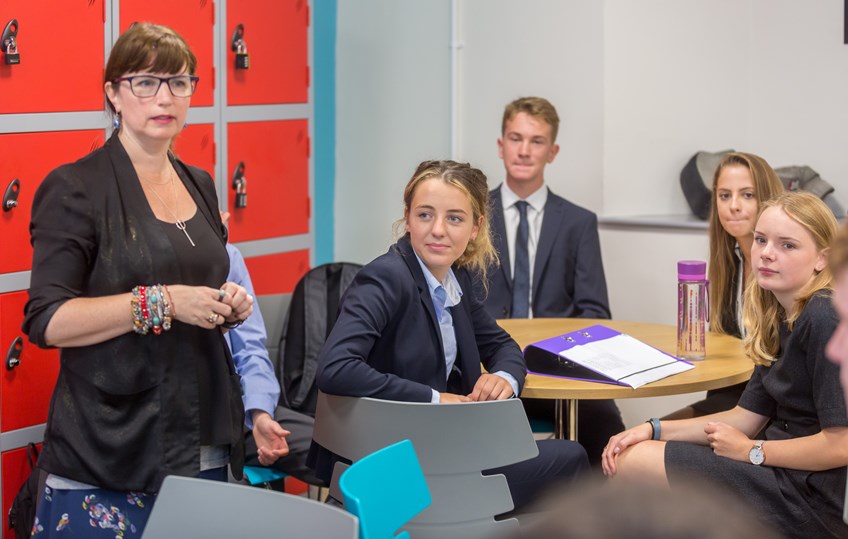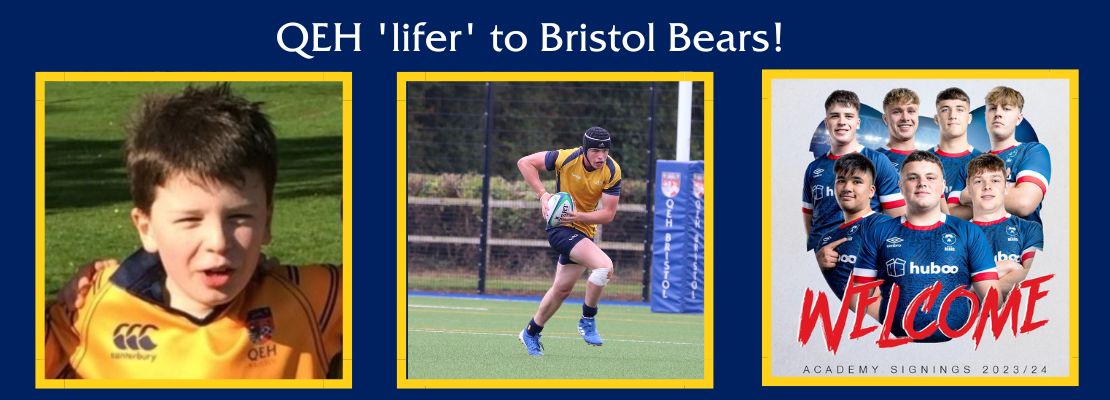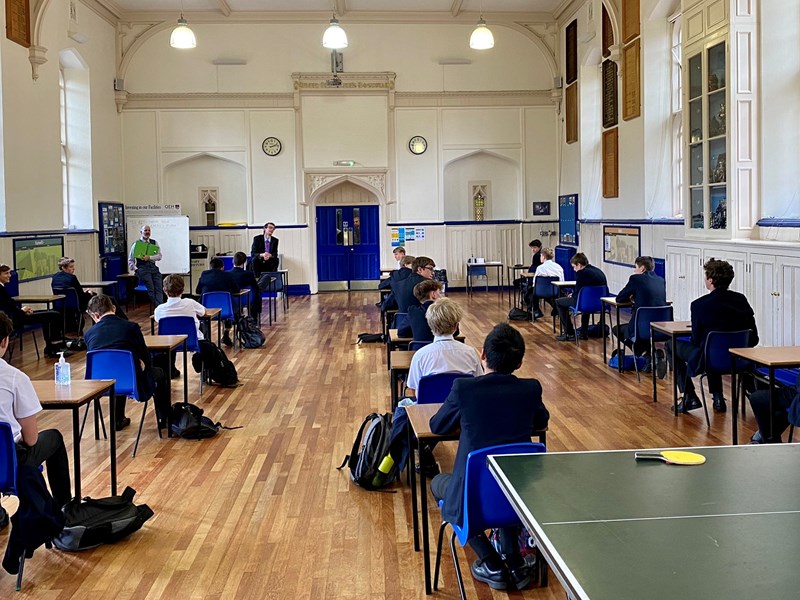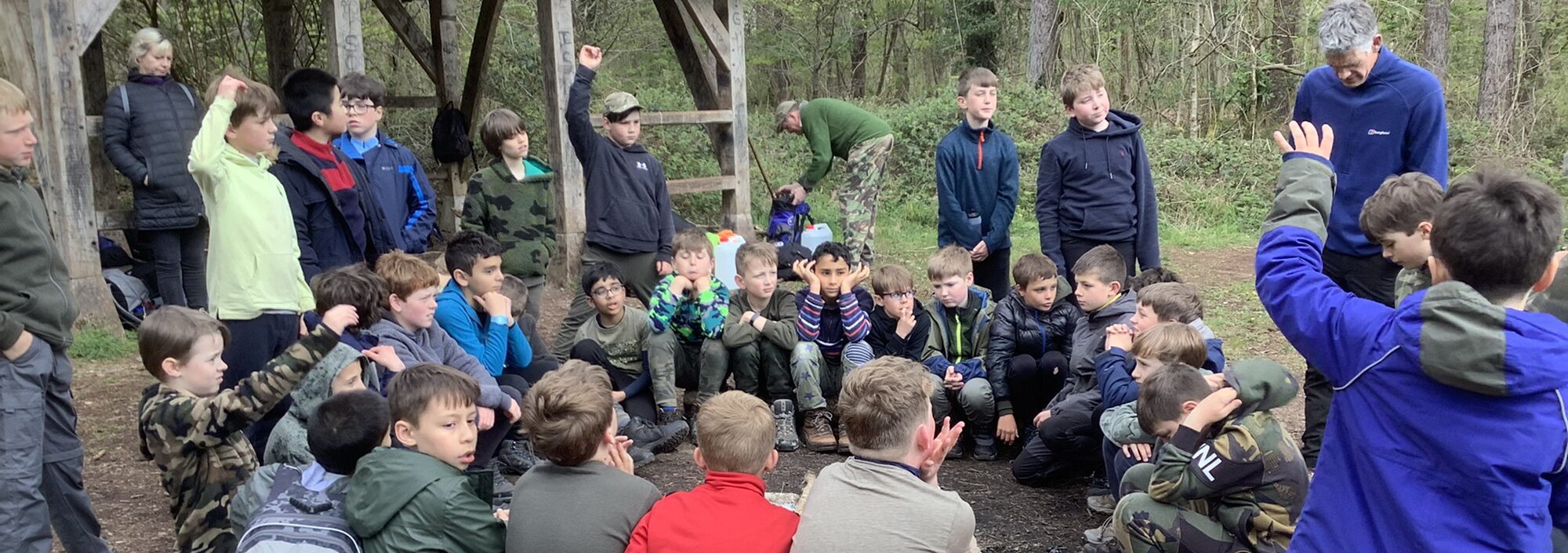Year 7 went on a team building trip to Osmington Bay PGL centre for a weekend of activities and friendships.
Making tough decisions is something every parent or guardian will have plenty of experience with. In just the first year of a child’s life – according to research from 2020 – there are 1,750 of them to be made. While this might seem like a lot, when we break it down it works out at just under 5 every day, which suddenly doesn’t seem like a lot at all… Obviously, these will vary in importance significantly, but it highlights the fact that parenting is never a passive endeavour – we’re always making choices, whether we realise it or not.
Earlier this year, Vodafone UK launched a partnership with NSPCC and conducted a survey asking parents what they considered to be the most important decisions they will have to make for their child. 36% responded that the most challenging parental decision was that of choosing the right school.
The experience we have of education as children is hugely important in how we might tackle this question. Those of us who have positive memories of and associations with school will naturally want to provide our youngsters with the same quality of experience and will look for institutions that most closely resemble our idea of a well-run establishment.
Noticeably, it is fairly common for successive generations to attend independent schools. Using the logic above, those who attend them not only have good memories but also attribute the model of independent schooling to these positive feelings.
In Bristol, thankfully, there is no shortage of quality independent schooling. Finding the right one for your child is therefore as much about personal compatibility as it is the calibre of services on offer.
It’s very possible that by the time you’re reading this, you already have a fairly good idea of where you’ll be sending your child, but all the same, it’s still worth checking and visiting others – if only in the interest of balance and comparison.
Here’s a few of the things we think every parent and guardian should be thinking about when choosing an independent school:
Location
Where you live in relation to the school is the important question here. The Monday-Friday pre-school and work rush will be busy wherever you are, but inevitably there will be sections of a city’s traffic system that are more congested than others.
The method of travel would be the first thing to consider. Does the school run its own bus service? If not, are there direct and convenient alternatives? If neither are viable options, is it a journey you’d be willing to make yourself twice a day, assuming you’re a driver?
Once this has been established, stage a dry run of the trip. Ask yourself – and your child – honestly if it’s a realistic journey to make on a daily basis. Consider, too, that many independent schools have busy schedules of extra-curricular activities. Encouraging your child to take part in any that might interest them is always a good move, so be sure that this wouldn’t be compromised by the distance to and from home.
Facilities
While it is certainly true that every educational establishment will aim to provide each child with a balanced and well-developed experience, budgetary and physical-space limitations inevitably make some schools particularly well equipped in some areas or particularly well known for their achievements in a specific field.
Your child might show an interest in sports, in which case you might want to look out for any schools that have the most to offer in that department, be it the sophistication of the equipment, the size of the training facilities, or the number of teams and sporting disciplines on offer for your child to take part in. For those who have shown a propensity for literary pursuits, libraries and book clubs would be worth looking into. Whatever their interests, there will be corresponding facilities and events that will give you a good idea of their position within the school’s hierarchy of priority.
Be confident in your knowledge of who your child is. Nobody knows them better. You will have an understanding of the things they like, the interests they have and the areas they most excel at and struggle with. Use this intuition.
Philosophy
Just like the students who attend, every private school has its own culture and identity. Built into this uniqueness is a guiding philosophy and principle, around which the evolution of the school grows. The hundreds of years of QEH have imbued those who populate the grounds with a sense of tradition and heritage, a sense we are proud to be a part of and a heritage we are honoured to add to.
An ethos is more than just words. To see it in action, it’s important to schedule a visit. Talk to staff and students alike – a meeting with the head teacher is always a good idea too – and get a direct sense of how the school’s principles and philosophy align with yours.
Exam Results and Achievements
One of the consistent reasons parents and guardians give for wanting to send their child to an independent school is their reputation for academic excellence. Put simply, many feel that their children’s educational future is in any safer hands.
A proper look at an independent school isn’t complete without considering its academic achievements. Look at their exam results and university acceptance rates and check to see if their numbers are on the increase or declining.
Pastoral Care
Entrusting a school with the care of your child is no small thing. Any independent school with a pastoral care system that in any way seems lacking or indifferent should be a major concern.
Given that many children struggle to vocalise their issues, it’s vital that the systems in place are proactive, robust and accessible. Ultimately, it will be a question of instinct. If something doesn’t feel right about a school’s attitudes towards student support – to you or your child – then it probably isn’t the right place for them to be.
IB or A Level
The A Level system has been the standard for UK schools for a long time. The International Baccalaureate is an equivalent to this system – first devised in Switzerland in the 1960s – and has been gaining popularity in British schools in recent years.
The IB system is nowhere near as commonly offered as A Levels. If you have a particularly strong preference for it, be sure to ask any prospective school about it.
Communication
The final decision of where your child will be going to school should be one based on a combination of things: research; instinct; circumstances. Just as important as anything else though is the need for the process to be a dialogue.
Be sure to ask for your child’s input at every available opportunity. Their insight will not only impart vital information that may have escaped your attention and contribute to your understanding of their feelings, it will also arm them with the sense that they are the principal actors in the decisions for their future.
Now for the Decision Part…
Even after applying all these different layers of deductive reasoning, it may well be that you’re still left with more than one independent school to choose from. Talk with your child and attempt to root out any preferences that either of you might have developed.
If, after all that, a clear choice hasn’t emerged, it’s time to turn to your parental instincts. Listen to what they say and trust the fact that you’ll know a match when you see it.
